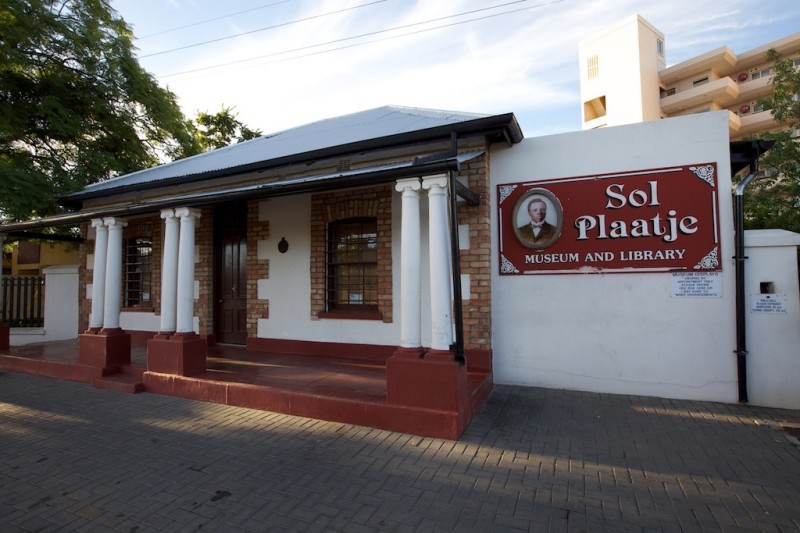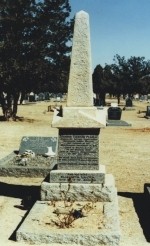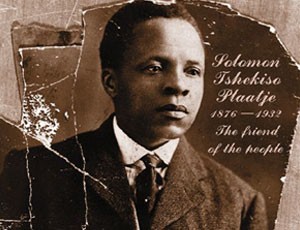Sol Plaatje House
South Africa is a country that has seen a massive transformation from a totalitarian and unjust state to an equal rights democracy. 27 April 1994 marked the first ever democratic national elections and allowed everyone over the age of 18, regardless of creed or colour, to vote for their party.
The history of the struggle to end Apartheid has not been forgotten as we look toward bettering the future. To establish a free country, many key figures were involved in a tireless and life-threatening battle against the militant Apartheid government. These include icons such as Nelson Mandela, Oliver Tambo and Lillian Ngoyi.
The Sol Plaatje Museum is one of the stops along the historical tour of Kimberley you will experience on your luxury Rovos Rail journey. The museum is named after revolutionary freedom fighter Sol Plaatje.

Born in 1876 as Solomon Tshekisho Plaatje, he grew up without much formal education in the Free State. However, his life was spent as a leader, activist, writer, journalist and freedom fighter and he achieved political icon status. Plaatje became involved with other like-minded, educated black South Africans, and formed the South African Native National Congress (SANNC) in 1912, which went on to become the ANC in 1926.
Plaatje was offered the position of leader of the SANCC, but turned it down to travel to the UK and USA and educate people worldwide about the racial injustice in South Africa. He kept a diary which detailed the Siege of Mafikeng during the Boer War and he translated Shakespeare and other literature into his mother tongue, Tswana. He wrote several books including Mhudi, the first book ever to be published by a black South Africa. He was an editor of the newspapers, Koranta ea Becoana in Mafikeng and the Tsala ea Becoana in Kimberley. A terrific orator, Plaatje was fluent in English, Afrikaans, Dutch, German, French, Sotho, Zulu, and Xhosa.

He lived most of his life in Kimberley, where his legacy is documented at the museum (his former residence)
and library on Angel Street for visitors to learn more about his remarkable life. Along with the museum, his gravesite in the West End Cemetery has been declared a national monument in honour of his brilliance and determination of spirit despite daily racial discrimination. The museum and library are managed by the Sol Plaatje Educational Trust, which is funded by donations. The Kimberley Municipality bears his name and there is a museum in Mafikeng named after him.
Images:
http://kimberleymeander.co.za/images/sol.jpg
http://www.modernoverland.com/
http://www.tourismnorthwest.co.za/


